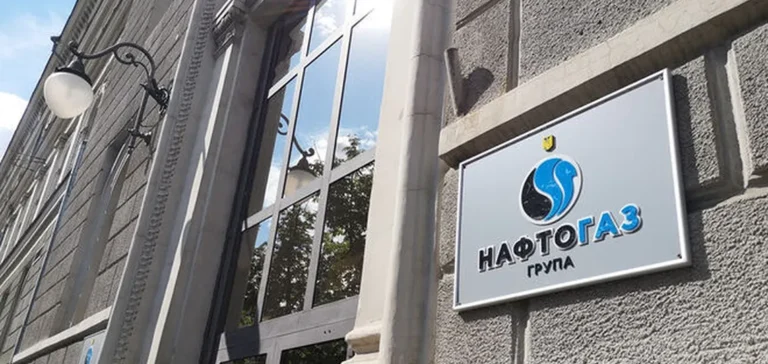The Ukrainian state-owned company Naftogaz has announced the signing of its first natural gas import agreement with the State Oil Company of the Republic of Azerbaijan (SOCAR). This contract concerns the delivery of a test volume via the Transbalkan route, which connects Bulgaria, Romania, and Ukraine. This operation marks the first use of this gas corridor by Ukraine, in a context of supply diversification.
A new strategic energy route
The imported gas has started to transit through the Transbalkan corridor, which allows direct transport through Southeastern Europe. According to Naftogaz, this operation is part of a logic to secure energy flows and explore new alternative routes. The volume transported as part of this inaugural agreement remains limited, but the Ukrainian company highlights the strategic importance of this test for future commercial exchanges on this corridor.
Naftogaz management indicated that this agreement could constitute a structuring step for Ukraine’s natural gas supply, strengthening cooperation with SOCAR and leveraging existing European infrastructure. The precise terms of delivery, including the duration and schedule of flows, have not been disclosed.
Towards broader regional gas relations
The conclusion of this agreement comes as Ukraine seeks to expand its network of partners in the natural gas sector, against a backdrop of evolving regional geopolitical context. Collaboration with SOCAR, a major player in the gas market in Central Asia and the Caspian Sea region, could pave the way for new long-term contracts.
The effective commissioning of the Transbalkan route, which passes through Bulgaria and Romania before reaching Ukrainian territory, allows Naftogaz to assess the operational capabilities of this corridor for future commercial volumes. Naftogaz Chief Executive Officer Serhiy Koretskyi described it as “a strategically important step” towards new cooperation, while noting that this test should serve as a basis for structuring more substantial flows in the future.
The development of this partnership illustrates the willingness of state-owned companies to adapt their logistical strategies and anticipate future energy needs, as regional gas markets continue to evolve.






















